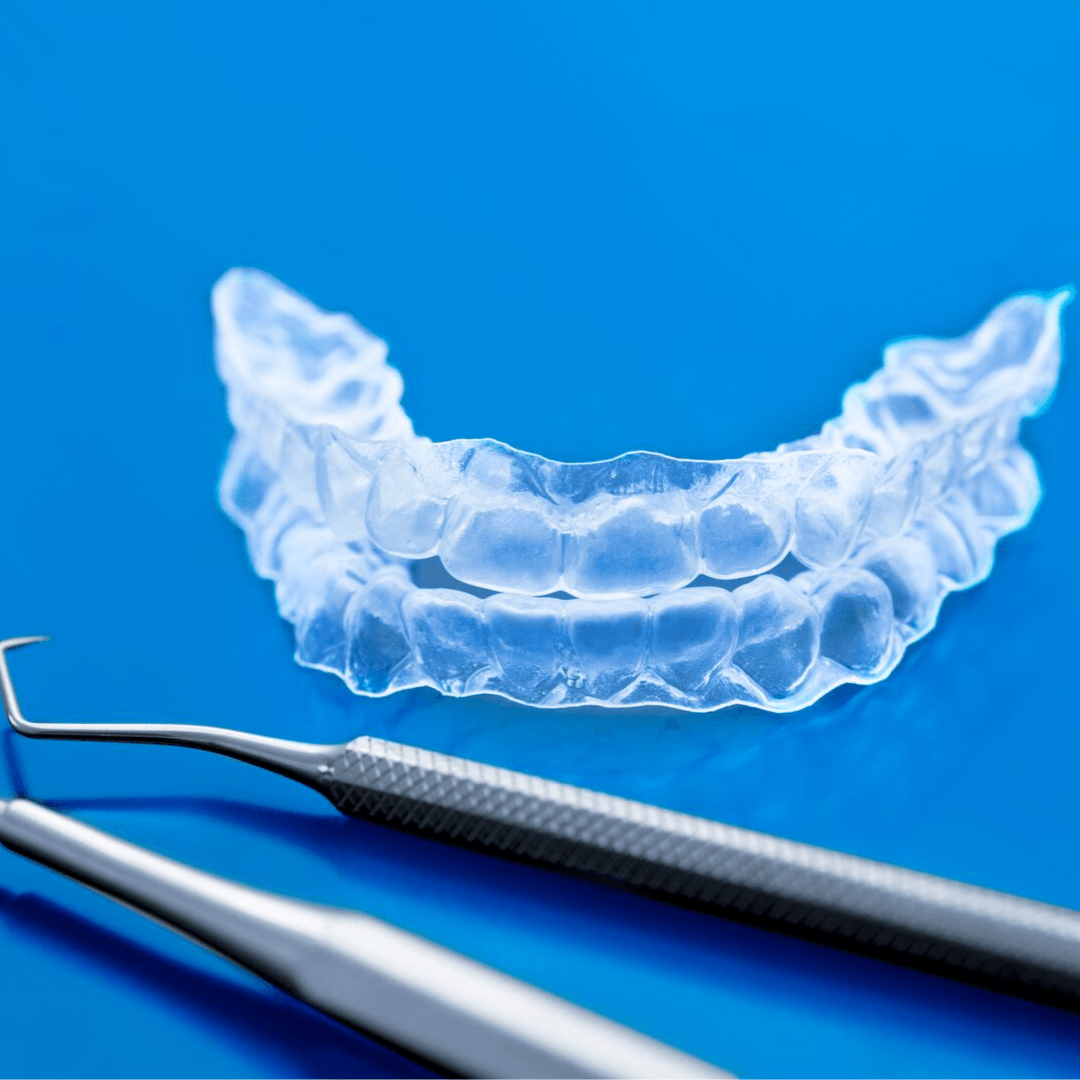
Chipped or Cracked Teeth: Causes & Repair
June 29, 2019
Everything You Need to Know About Invisalign
September 19, 2019Key Takeaways:
Early Treatment Prevents Complications:
Tooth cavities develop initially in the enamel and can progress if left untreated. Early detection and filling of cavities prevent the need for more extensive and costly dental procedures later on.
Symptoms of Tooth Decay:
Tooth decay may not exhibit noticeable symptoms in its early stages, but as it progresses, symptoms such as difficulty biting, chronic bad breath, discomfort, discoloration, and sensitivity to hot or cold may occur.
Risks of Untreated Cavities:
Ignoring cavities can lead to severe consequences such as tooth splitting, nerve damage requiring root canal treatment or extraction, and the potential spread of infection to other teeth or even other parts of the body.
Tooth cavities develop in the protective outer layer of your teeth known as enamel. The longer the decay goes untreated with a dental filling, the more likely it is you will need more extensive and costly dental work later. Tooth decay can also occur when the gums begin pulling away from the teeth and expose the roots.
When your dentist fills your tooth, they remove the decayed portion and replace it with filling material. At Langley Dental Care, we use a tooth-colored filling material that allows the treated tooth to blend in seamlessly with the non-treated teeth.
Factors That Can Cause Tooth Cavities
You have probably noticed the sticky bacteria that covers your teeth called plaque. Each time you eat or drink, the bacteria present in the plaque creates acid that can cause the enamel or the root surface to break down. Brushing and flossing your teeth at least twice each day helps to keep bacteria from turning into harmful acid and the food particles stuck between your teeth from breaking down and causing tooth decay or gum disease. Your molar teeth in the back of your mouth are at the greatest risk for decay because plaque tends to form around them.
How to Know When You Have Tooth Decay
Unfortunately, tooth decay presents very few symptoms in the early stages – a time when you could possibly reverse it. You will likely notice one or more of these symptoms as the decay advances:
· It becomes more challenging to bite down into certain foods.
· You have chronic bad breath despite daily brushing, flossing, and use of mouthwash.
· You begin to experience discomfort in and around your mouth.
· You develop spots on your teeth that start out white but eventually turn darker.
· It creates immediate sensitivity when you consume a hot, cold, or especially sweet food or beverage.
We recommend that you schedule an appointment for a preventative care exam if you notice any of the above symptoms. After one of our dental hygienists completes your cleaning, Dr. Langley will examine your teeth and take X-rays to determine if you have tooth cavities.
Risks of Not Having a Tooth Cavity Filled
Because living with untreated tooth cavities can be quite painful, most patients schedule a dental appointment as soon as possible. However, some may choose to ignore the discomfort and other symptoms for a variety of reasons. One of the risks of not seeking treatment for tooth cavities is that the affected tooth can split. This is especially true if it’s a larger tooth with a significant amount of decay. If Dr. Langley can still treat the tooth with a filling, it will likely require dental bonding or inlays and onlays.
Another risk of ignoring a possible cavity is that it can eventually cause nerve damage in the affected tooth. This can lead to such severe pain that some patients need to seek emergency treatment. Instead of having a simple cavity filled, patients who wait this long may need a root canal or total extraction of the tooth.
Ignoring tooth cavities also increases the risk that the tooth will die or that it will spread infection to other teeth or even to other parts of the body in rare cases.
Preventing Tooth Decay and Cavities
The most important things you can do to promote healthy teeth and gums is brush and floss daily and visit us for preventative care every six months. We also recommend limiting foods containing high amounts of starch or sugar, using an antibacterial mouthwash, and making sure that your toothpaste contains adequate fluoride. Our entire staff looks forward to working with you and your family soon.



